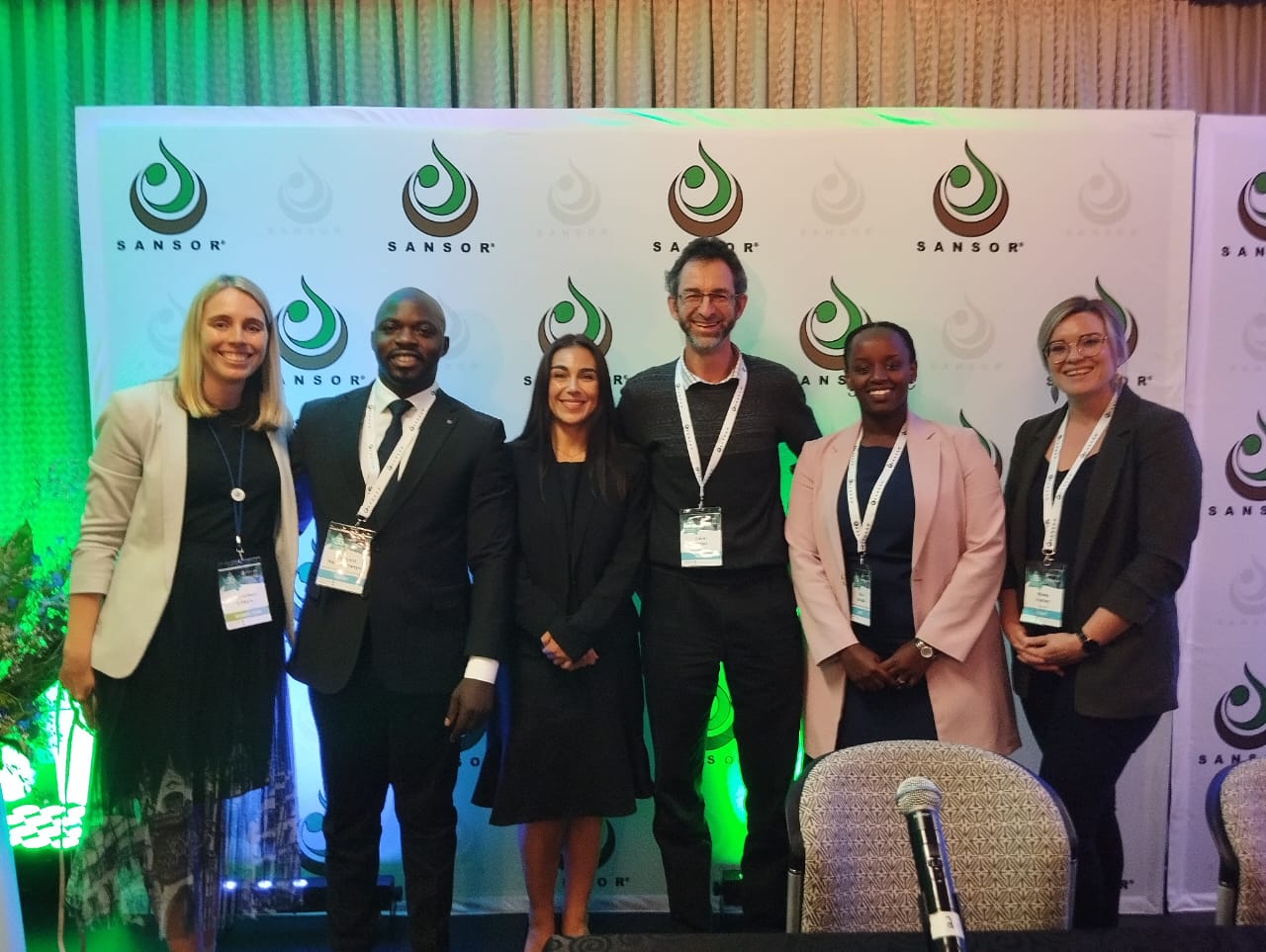35th SANSOR Congress – connect, collaborate and create change 2024-05-15
The South African National Seed Organization (SANSOR) is the National designated authority for seed certification in South Africa. In other words, it ensures that quality seed is available to South African farmers, as well as for the seed trade in and out of the country. Prof. Dave Berger attended the 35th SANSOR Congress which was held recently in the Cape. This year, SANSOR extended guest invitations to members of the academic community as part of the theme “Connect, Collaborate and Create Change”. Keynotes by futuristic thinkers featured how digitization of products and services can lead to exponential growth in certain sectors. This sparked a lot of debate on how this and AI could be applied to agriculture and the seed industry. The congress also featured feedback from the different working groups in SANSOR who deal with a range of issues from plant breeders rights to implementing international best practices in seed certification and training of seed inspectors. The SANSOR website has a series of videos on careers that can be viewed here.
With SANSOR’s blessing, and support from Dr Magdeleen Cilliers, Projects and Research Officer at SANSOR, Dave conducted an anonymous survey of the more than 100 congress delegates about their qualifications and training. UP and FABI graduates already feature strongly in the seed industry. Former MPPI lab member, Monique Heystek, gave an invited talk on the “Intellectual Property Rights from Publicly Financed Research and Development Act”. Monique is now a key member of the Technology Transfer Office at UWC. In the spirit of the congress theme of “Connect, Collaborate and Create Change”, there was a constructive panel discussion on farmers rights featuring a farmer, an industry representative and an activist. In addition, the most common recommendation from delegates of how universities can improve their offerings for the seed industry and food security was to offer more practical experience. Herein lies the value of contact universities like UP to provide the in-person interactions and experiences in a world which is becoming increasingly digitized.


